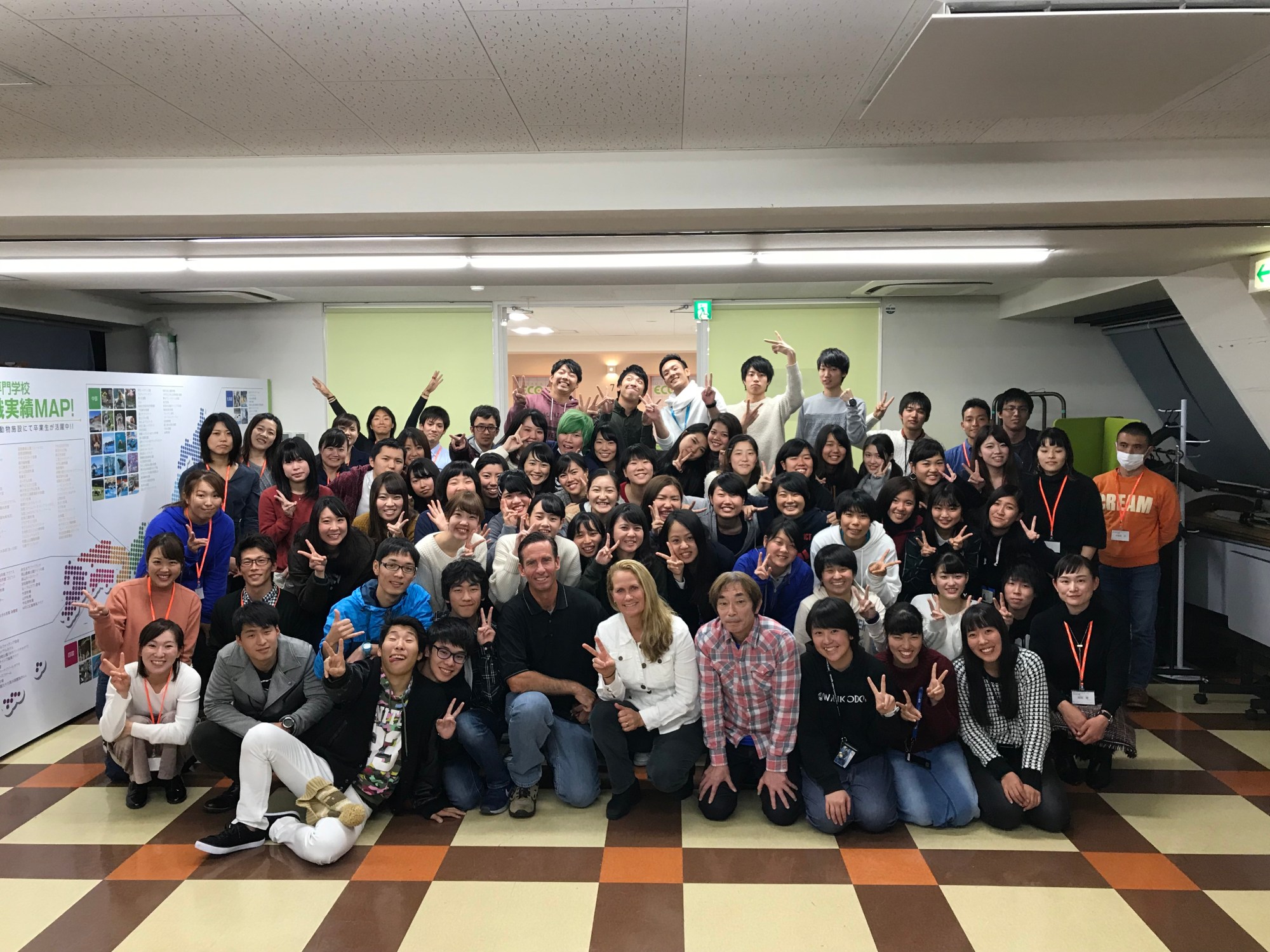DOLPHIN QUEST TRAINS NEXT GENERATION MARINE MAMMAL SPECIALISTS IN JAPAN

Dolphin Quest’s Vice President of Animals, Michelle Campbell was in Japan recently training and inspiring the next generation of marine mammal specialists. Michelle was on assignment representing Dolphin Quest and the International Marine Animal Trainers Association (IMATA). She presented a workshop along with Mark Xitco from the US Navy’s Dolphin Program on very best practices regarding animal care and husbandry for zoological institutions.
Here’s a brief interview with Michelle about her experience and the importance of sharing our expertise with the international marine mammal community.
Michelle has over 25 years of experience working with marine mammals. In her role at Dolphin Quest, she is responsible for ensuring the wellness of our animal population in Hawaii and Bermuda. Michelle is a Board member of the esteemed Alliance of Marine Mammal Parks and Aquariums an accrediting organization for the very best marine parks and aquariums. She is also a past Vice President of IMATA, an organization dedicated to providing and advancing the most professional, effective, and humane care of marine animals.
Dolphin Quest has also hosted several distance learning opportunities for Japanese students and marine mammal trainers which were facilitated by IMATA in association with OCEA and other partners. These workshops took place via Skype in 2015 and included discussions with Sea World San Diego and Dolphin Quest Oahu about the latest animal care and husbandry techniques. In 2016, Dolphin Quest Oahu hosted another Skype workshop that took participants on a deeper dive into these topics.
“Sharing what we’ve learned with our colleagues around the world helps the international marine mammal community to continue to raise the bar for professional animal care and wellness”, says Campbell. “The reproduction and husbandry training we are providing gives marine parks the knowledge to create self-sustaining marine mammal populations without the need for wild collections like we achieved in the US decades ago.”
Dolphin Quest is committed to being an educational resource for our global zoological community and we look forward to assisting other colleges and academic institutions in the future.
